
Philippine Rail Expansion and Technology Summit 2025
OCT. 15-16 | MANILA, PHILIPPINES | IN-PERSON EVENT



The coronavirus disease (COVID-19) pandemic has pushed digitalization to the top of the agenda for railway policymakers in Asia and the Pacific. Digitalization is no longer regarded as an optional measure but rather as a prerequisite for ensuring the competitiveness of rail transport. While some of the advantages of rail digitalization are easily comprehensible, fully harnessing its benefits requires the implementation of comprehensive, sustained and coordinated measures at the national level. Regional cooperation too can play a significant role in expediting the digital transformation of railways.
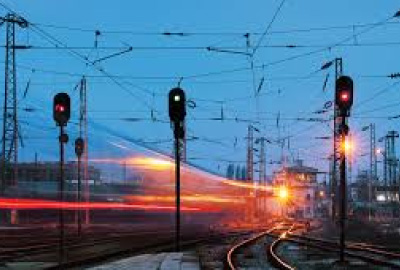
Digital traffic management systems ensure the interoperability of national railway systems, reducing the purchasing and maintenance costs of signalling systems and increasing the speed of trains, the capacity of the infrastructure and the level of safety in rail transport. Digital rail signalling makes it possible for a higher number of trains to run on existing lines at optimal speeds and provides enhanced train protection.
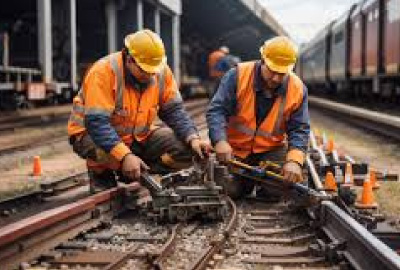
While the benefits of rail digitalization are clear, harnessing them would mean better understanding the underlying challenges and how can they be addressed. Legacy rail infrastructure is one of the significant challenges faced by the railways in the region. For instance, replacing mechanical interlocking systems with electronic versions is not only costly but needs careful planning to avoid traffic disruptions. Adopting automatic block systems presents a similar challenge. Changes are needed not only in the equipment but also in operational and maintenance practices. Transitioning to rail digital infrastructure needs careful consideration and could be staggered.
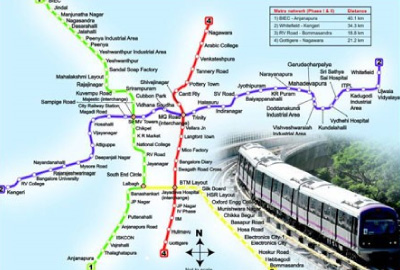
The term"connectivity"is something that ASEAN uses actively. The pillar of ASEAN's connectivity initiative is to establish seamless national borders to boost the sense of togetherness within the region. In this sense, there is no doubt that connectivity will become more important than ever before. One of the key pillars of railway transportation is international cargoes, which boost the importance of connectivity even further. As for determining the direction, it is possible to explore shared connectivity rules across ASEAN. Individual countries' urban rails do not need to consider connectivity and use their own systems. HSR, on the other hand, needs to emphasize connectivity and have some form of standards defined.
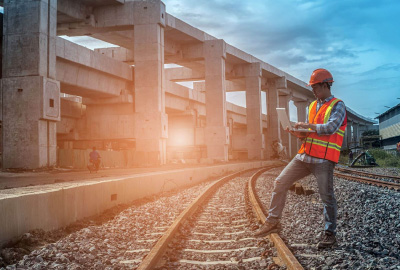
The overarching objective of the Strategy 2030 is to accelerate rail digitalization in the region by: providing coherence and momentum to rail digitalization initiatives; fostering an ecosystem conducive to harnessing the full potential of rail digitalization; augmenting the operational performance, capacity, reliability, safety and security of rail assets; enhancing customers' experience, including with regard to the ease of doing business; creating synergies through partnerships to digitalize rail; and ensuring high-level political support for rail digitalization. The Strategy 2030 sets out eight priority areas: digital customer services; digital communication technologies for rail; digital platforms for rail operations; digital rail asset management, including maintenance; digital traffic management, including signalling; digitally integrated rail services; digital rail business processes, to share experiences and good practices and identify appropriate solutions; and digital rail border crossing.
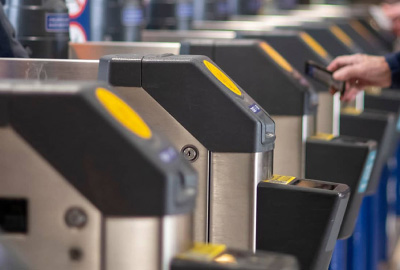
Railways in maturity level 1 have the following: for passenger transport, manual booking of physical tickets at stations, manual checks and analogic service information; and, for freight transport, fixed service tariffs with paper-based booking, zero-to-limited tracking at certain stations, zero-tolimited multi-operator booking and manual checks at borders. Railways in level 2 have the following: for passenger transport, online or digital kiosk booking, manual checks and digital service information at stations; and, for freight transport, fixed service tariffs with online booking, tracking at points along the route, some multi-operator booking, digital certificates and manual checks. Railways in level 3 have the following: for passenger transport, mobile and digital ticketing, automated ticket barriers and real-time mobile application service information; and, for freight transport, mobile and digital bookings with real-time pricing and tracking of cargo, multi-operator booking across countries, digital certificates and checks at borders.
Main Conference
Sub-Streams
Buffet Lunch
Documentation Package
Main Conference
To know more Brands
3 One to One Meetings
Known by 200+ Delegates
Reported by all Media Partners
Main Conference
Standard Exhibition Booth
3 One to One Meetings
Sub-Streams
Documentation Package



























































